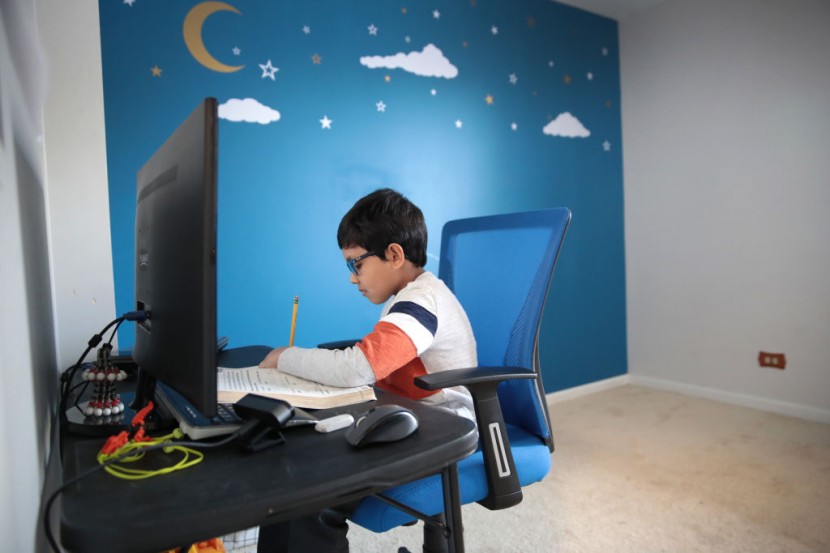
The COVID-19 pandemic has remarkably disrupted the functioning of higher education. This is especially a crucial time for the education sector - entrance tests of various universities, competitive examinations, board examinations, nursery school admissions among others are halted in the advent of the novel coronavirus. Hence, we resort to online learning.
Sixteen-year-old Beck from the Philippines answers the question if is prepared for the upcoming school year. She stated that the online setup is not taking into account the situation of students, particularly those in public schools.
The prevalence of the COVID-19 pandemic has affected 87.6% of the total enrolled learners globally. Drop-out rates worldwide will possibly increase as an aftermath of the massive disruption to accessible education.
According to recent survey results, if the world were not ravaged by a pandemic, the decision to study through the internet, in person, or in between would be practically the same among men and women, reported Inside Higher Ed.
To factor in COVID-19 paints a different picture as women are less possible than men to opt to study in person and are more likely to pick an overall online education.
According to the Public Viewpoint: COVID-19 Work and Education survey, Americans' perspective of the features and merit of in-person, online, or hybrid education differ broadly.
The majority of participants, which was 35 percent, believe online learning proffer the best usefulness money could afford.
If last year, you had to buy school materials including books and backpacks, you would have to buy expensive gadgets in 2020. You will also need a conducive space suitable for your online studying, indicated Inquirer.
Students would often become demotivated and eventually give up tackling a course, reported eLearning Industry. Research has indicated that less than 5% of people who enroll in an online course finish studying it.
If you find online learning monotonous, you could form a study group. As we are currently facing the novel coronavirus pandemic, you could gather friends to form the study group remotely and video chat in place of in-person meetings.
Almost 150 college-bound high school seniors shared their two cents regarding their call to action as online-only or possibly hybrid students.
Simply put, survey participants indicated that a fall online learning set-up should become better than spring's set-up.
Some students think that adaptation to internet-based learning was successful and even enjoyable. According to one student, "I never really learned that much from lectures and being able to go at my own pace has fit so well with my learning style."
A writer from Inside Higher Ed believes that the extensive majority of United States universities and colleges are on the path towards a mostly or entirely online-based fall.
He noted that carrying out an efficient internet-based or virtual instruction by the fall will require a large amount of mapping out an application which should start immediately.
Some students still have reservations regarding distance learning. This is because people have different styles of learning.
Challenges to be expected are a bad internet connection, mental health in isolation, and the inability to comprehend online learning lectures.
Related Article : Moderna's COVID-19 Vaccine Triggered Immune Response in Monkeys








